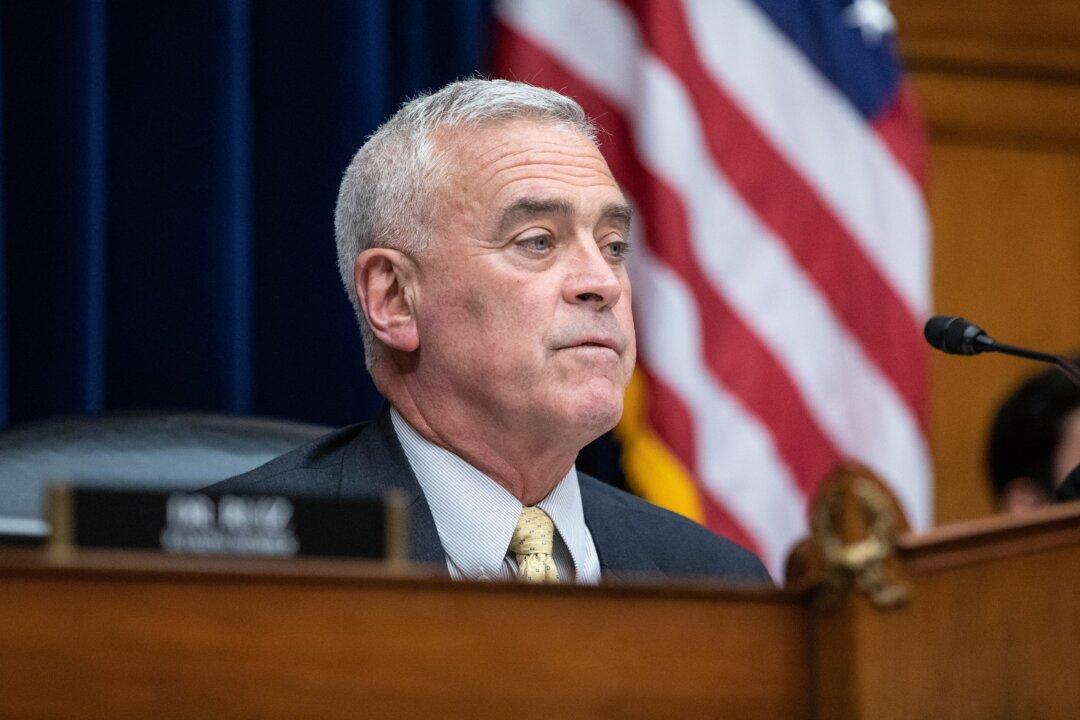Republican members on the House Select Subcommittee on the Coronavirus Pandemic are launching a new investigation into the University of Maryland over an apparent effort to reprise its pandemic-era isolation policies.
“[The University of Maryland] seems to be reinstituting the same negative policies it implemented during the beginning of the pandemic at the expense of its students,” Subcommittee Chairman Brad Wenstrup (R-Ohio) wrote in a letter to university president Darryll J. Pines on Friday.





